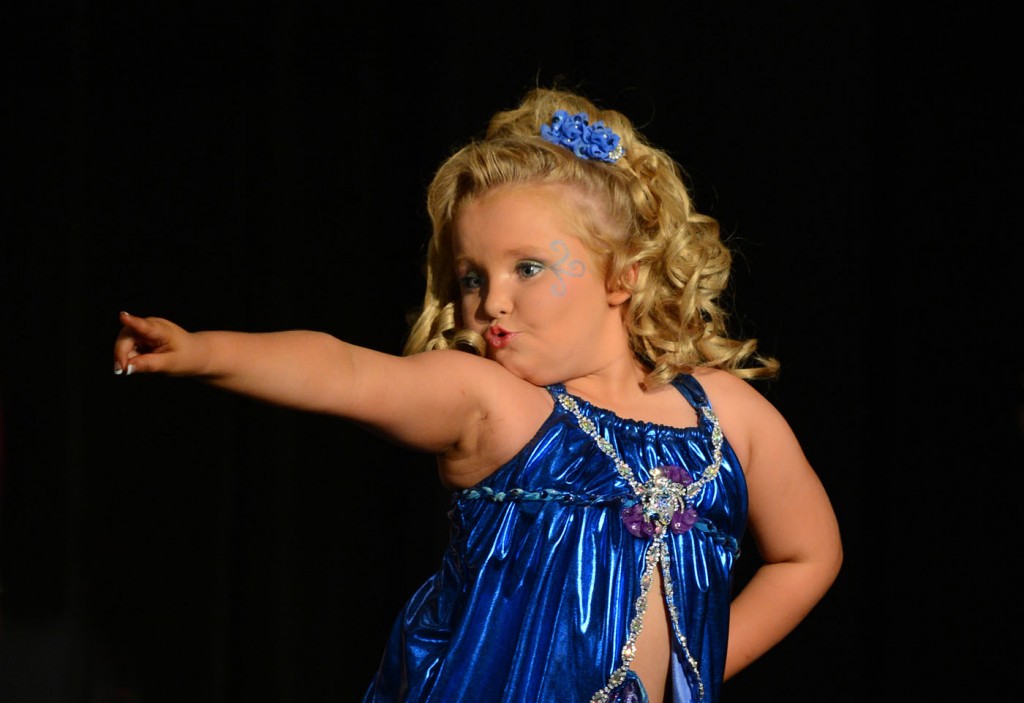 I was destined to write. My grandmother always told me I’d be a writer, and she had an uncanny ability to see the future. She said, “If you clown around in those roller skates and fall down on that rough pavement and scrape your knees, you’re getting no sympathy from me.” And it happened exactly the way she predicted. (I’d just like to know where she was with her front-porch-rocking-chair advice when I really needed it? Like, “If you marry that idiot you’ve only known two months, it will turn out bad.” Stuff like that, I could’ve used.)
I was destined to write. My grandmother always told me I’d be a writer, and she had an uncanny ability to see the future. She said, “If you clown around in those roller skates and fall down on that rough pavement and scrape your knees, you’re getting no sympathy from me.” And it happened exactly the way she predicted. (I’d just like to know where she was with her front-porch-rocking-chair advice when I really needed it? Like, “If you marry that idiot you’ve only known two months, it will turn out bad.” Stuff like that, I could’ve used.)
After years and years of Mama’s reverberating prognostication, I tiptoed gingerly to the edge of the cliff of artists’ angst and submitted my first piece for publication. Of course, she proved to be an accurate soothsayer yet again when I was the first nine-year-old to have a poem published in The Daily Sun. Unfortunately, at forty-three, I’d yet to have my second piece accepted for print. So I decided to sail head-first and backwards off that damned cliff and get an MFA in Creative Writing. Since then, I’ve started my own irreverent blog, Blu-hoo, and I’ve had a few pieces published. Mostly for free.
Look. I’m the last one to burst your bubble, but let me tell you: Get a day job. Unless you’re independently wealthy, you’ll have to have another source of income because writing doesn’t pay all that well. Yes, the enormous success of some first-time writers is enticing. But for every J.K. Rowling, Stephenie Meyer or E L James, there’re thousands of writers toiling to get noticed. One thing I’ve discovered is that dreaming about writing doesn’t make it happen. It’s hard work unless you are a celebrity or a statesman. However, there are things you can do to improve your chances for success.
Write. A lot. While it may seem impossible to squeeze one more second out of your compacted day, sleep is really overrated. Write instead.
Bone up on your grammatical skills. As Stephen King posited in On Writing: A Memoir of the Craft, the most brilliant guide to the art of writing ever, “Grammar is not just a pain in the ass; it’s the pole you grab to get your thoughts up on their feet and walking” (114). No one wants to read error-filled drivel. And for heaven’s sake, capitalize the personal pronoun I, or somebody’s going to get hurt.
Read. For example, since I write primarily creative non-fiction, I’ve read a slew of memoirs to determine things that work and things that don’t. I love Haven Kimmel’s memoir, A Girl Named Zippy, so much that if the state of Indiana allowed matrimony between people and inanimate objects, I’d marry it. (Since the state currently doesn’t recognize unions between people with identical 23rd chromosome pairs, I don’t hold out much hope.) Reading Haven is like listening to her talk. She creates metaphors so stunning you want to poke your eyes out with a hot fireplace tool, but her cadence is easy like an hour on a front-porch swing. Augusten Burroughs, master memoirist, also employs a believable conversational tone that makes you feel like you’re sitting right next to him—comparing hardships—in some wino-breath-scented dive while your own vomit chunks flake off your shirt. When you read exceptional writing, you learn to emulate your role-models.
Get followed. Unless you have a substantial Twitter/FaceBook/Tumblr/Pinterest following, it’s hard to pique a publisher’s interest anymore. If you already have a fan-base, you’ve got an advantage. But. You still have to be able to write. And write well. Be fresh. Exciting. Create magic.
It’s also helpful if you’re able to divine “the next big thing,” so that your writing will ride the wave of whatever is popular. Fortunately, topics tend to be cyclical, so by my calculations, it’ll be 63 billion years before vampires are hot again.
If all else fails, become a celebrity. Shoot. If Honey Boo Boo can do it, so can you.
Reference
King, S. (2000). On writing: A memoir of the craft. New York: Pocket Books.
You can read Elane Johnson’s word essay in issue 6 of SR.
